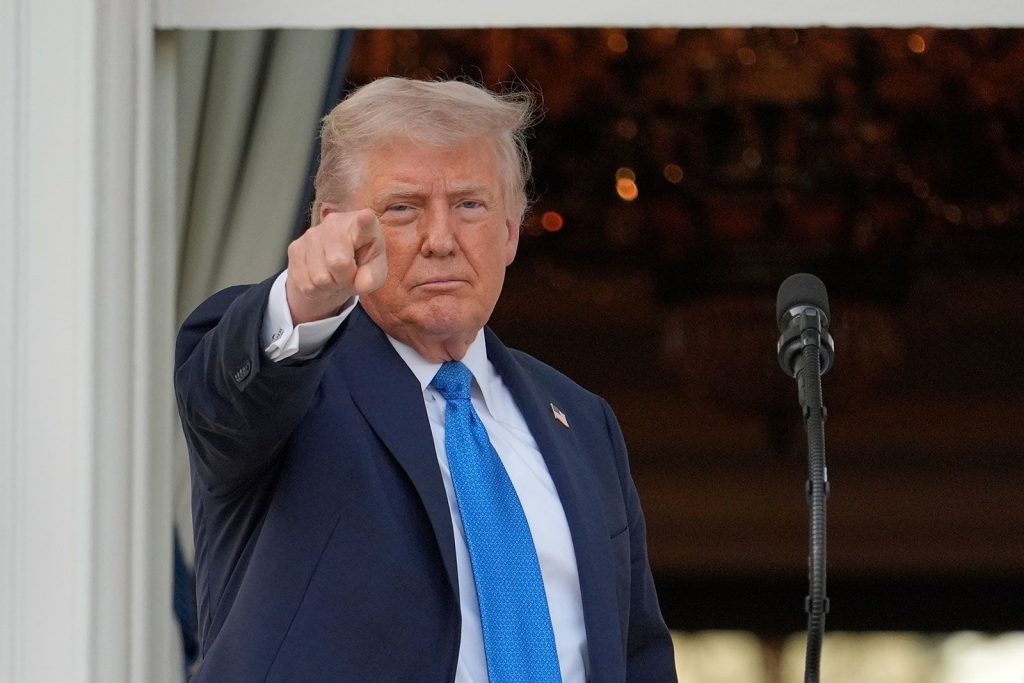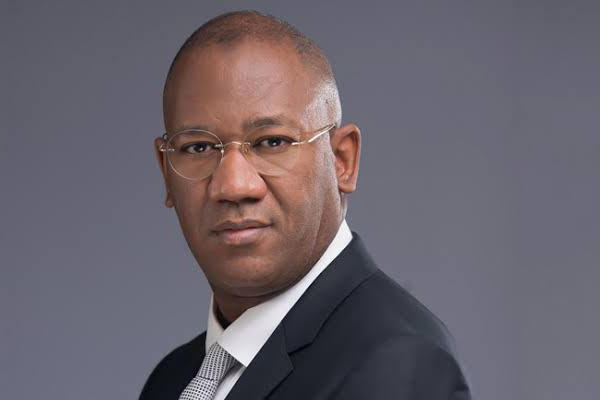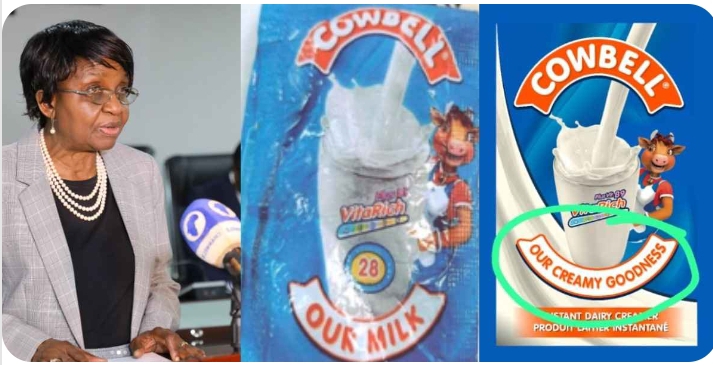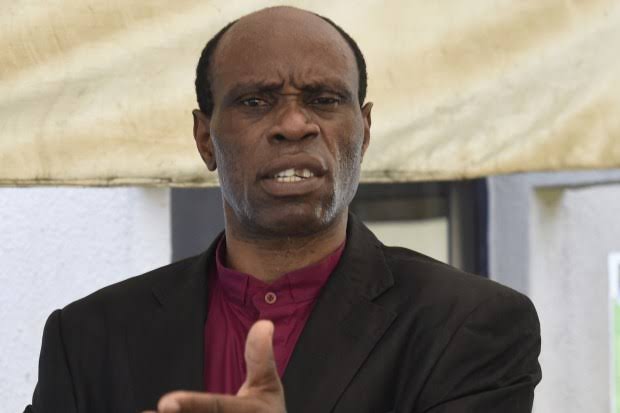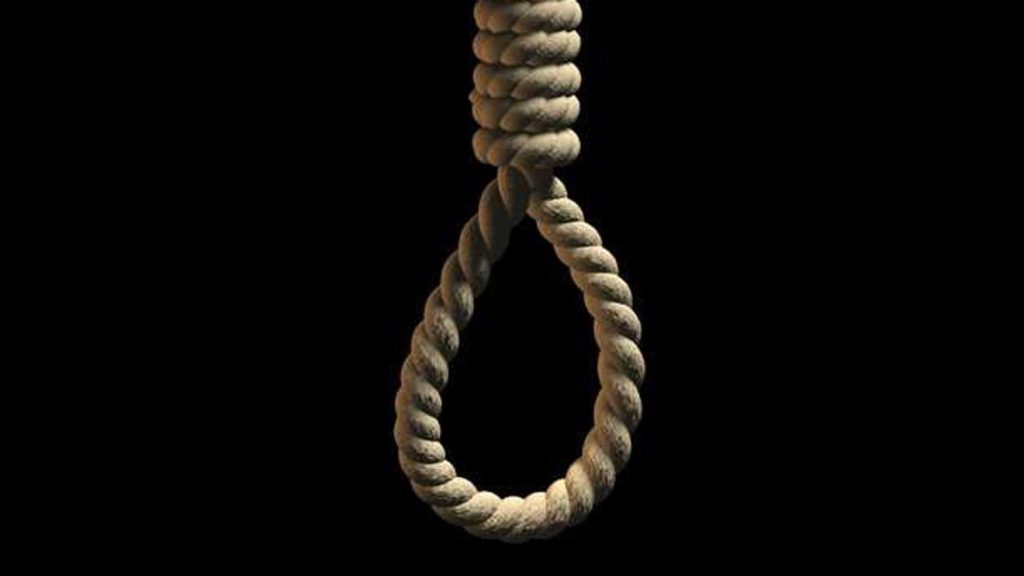Economy
$12b e-commerce suffers as Twitter ban costs N7.5 billion in three days
The suspension of Twitter, a leading micro-blogging platform, has begun to take its toll on struggling Nigeria’s economy, leading to a loss of N7.5 billion in the past three days.
Nigeria’s decision to suspend Twitter, at first indefinitely but later temporarily, could backfire for the government and cost the country economically in terms of new investment into its technology sector. The ban may threaten Nigeria’s status as one of the best-performing African countries in attracting investment for technology start-up businesses.
According to NetBlocks, a watchdog organisation that monitors cyber-security and governance of the Internet, each hour of the social media gagging costs Nigeria about $250,000 (N102.5 million), bringing the daily loss to N2.5 billion. It means the economy would have lost approximately N7.5 billion in the past three days.
The suspension has already created a market access gap for millions of small and medium scale enterprises (SMSEs) that use the platform to reach their customers. This could potentially complicate the challenges COVID-19 and other structural defects had imposed on businesses. Also hit is the e-commerce market in the country, estimated at $12 billion.
But within hours of the ban, internet searches for ‘VPNs’ – virtual private networks, which allow users to disguise their online identity and evade country-specific limits, surged across the country. Multiple videos appeared on YouTube explaining the ins and outs of VPNs to Twitter-hungry Nigerians.
Nigerians also have plenty of other digital options to share opinions and information, from the popular WhatsApp to the Indian micro-blogging service, Koo, which has quickly announced plans to expand into the country.
Already, many Nigerians are bypassing the Telcos’ twitter blockade through the use of VPNs, necessitating moves by the Federal Government to engage China on the use of firewalls, according to unconfirmed reports.
The Internet firewall is a way of having a separate network for the Nigerian Internet that will give the government control over social media platforms such as Twitter and Facebook. This is similar to the Internet filtering system China operates, called the Great Firewall.
The Federal Government seeks to establish the Nigerian Internet, which it will also control in same manner. The Internet firewall will also give the government power to block VPN, which many Nigerians are using to access Twitter.
While only a minority of Nigerians, about 40 million, use Twitter, they form part of the most vocal and politically active segment of the population. Many young people have used Twitter and other social media apps recently to organise anti-government protests.
This was evidenced with last year’s #EndSARS protests, a movement against police brutality. The potential that social media could help mobilise such a large youth-driven campaign sent shudders throughout the ruling establishment, especially as momentum is building with public discontent against rising insecurity.
A 2020 survey by the independent, Africa-based research organisation, Afrobarometer, found that: 35 per cent of Nigerians reported using some social media service to get news few times a week. Men were marginally more likely to use it than women – 39 per cent versus 31 per cent. Also, more young people used it – 46 per cent of 18-25 years old, versus eight per cent for those over 65. Rates of weekly access were higher for Nigerians who lived in urban areas, 54 per cent, versus 18 per cent for rural dwellers.
The decision, therefore, to suspend the tech giant in the country has sent a shockwave through the business circles as it is seen as a potential blight on the confidence-building efforts in the sector. Financial experts said the decision, which has put the country in the spotlight globally, would increase the investment hostility profile of the country.
For instance, digital media are essential for information exchange, marketing, customer service and remote work, especially during public health and safety emergencies like the COVID-19 pandemic. The suspension can slow commerce, cut productivity and ultimately cost jobs.
In the longer term, the ban – even if only brief – could seriously harm Nigeria’s ability to attract investment to its otherwise promising digital economy, as investors may turn to markets without the threat of sudden regulatory disruptions to the digital economy.
In a joint statement at the weekend, the United States, Canada, the European Union, the United Kingdom and the Republic of Ireland condemned Nigeria’s government for the ban, warning that it would complicate the economic hardships caused by the pandemic.
Besides the financial loss, Bala Zaka, an investment expert, said the signal it sends to international investment should be more worrisome to the government, who he said should have engaged Twitter diplomatically.
“Twitter is a global communication platform. It connects people from different parts of the world economically, politically and socially. When you realise the influence this has on the business world, you would not want to take any action against the platform hastily. But that is what Nigeria has just done, which will go a long way to affect the confidence in the market,” Zaka said.
In his investment impact assessment, Zaka said the economy was already battling the challenge of poor infrastructure, high inflation, double taxation and insecurity, noting that the draconian posture of the government may have also portrayed Nigeria as intolerant and make the country less attractive.
“People are already wary of coming to Nigeria to do business owing to rising insecurity. The Twitter ban has further worsened the situation. The government has many alternative options to explore in its dialogue with the platform. But banning has only portrayed the country as intolerant of others’ opinions,” he said.
The Nigeria Coordinator, Alliance for Affordable Internet (A4AI), Olusola Teniola, said the suspension may not have a direct impact on the telecoms industry but would hurt the MSMEs that need daily or constant access to reach the market.
Referencing the NetBlocks data, Teniola said the best guess estimate is that an opportunity exists for MSMEs to the tune of possibly $1.2 billion per year, which inevitably creates new wealth, productivity and youth employment.
“So as Twitter is a global digital communication and content platform, it is a veritable tool to diversify our economy and provide the youth a future to build their lives in a productive manner. It is evident that the longer the suspension continues the more the government of Nigeria will lose potential tax income,” he stated.
According to him, in reality, this is a loss to the government and not the telcos. “Firstly, the telcos will not see any dramatic change in usage of data as Twitter is a relatively low bandwidth application and secondly most users that access the platform will eventually find other means of accessing it.
“Most importantly, Twitter as a content provider should be seen as a tool by government to engage with its citizens and already all Ministries Departments and Agencies (MDAs) that are reliant on Twitter will now be negatively impacted, which will have a ripple effect on the Digital Economy thrust that the Federal Ministry of Communications and Digital Economy is driving.
“So overall, with all things considered the FG will need to resolve its concern with Twitter and then reconsider its suspension and find a way to accommodate the digital realities,” he stated.
The Chairman, Mobile Software Solution, Nigeria, Chris Uwaje, said the ban would bring a monumental economic dis-function, with the capability to fuel more unemployment, whose disaster recovery damages will cost a long time to amend.
Uwaje, who said it is reasonable to ask if the ban would include Nigerians in the Diaspora, explained that the issue at stake is multi-dimensional.
According to him, the government is confronted with the challenge of being in confrontation with the Big-tech, which owns the knowhow, global infrastructure and intellectual property of digital innovation and a consumer from a third world country without adequate capability.
Uwaje said next-generation technologies are so powerful with the potential ability to do massive damage to their consumers, adding that ICT-wise, in the long term, the shutdown can delay the development of Nigeria’s digital ecosystem, where the conflict may lead to targeted massive cyber-attacks on Nigeria, with greater consequences.
Going forward, he said the nation should start to reconsider the redesign of its digital ecosystem in expectation of more digital investment migration by funding strategic research in digital transformation and building future skills and capabilities.
On his part, the Chairman, Association of Licensed Telecoms of Nigeria (ALTON), Gbenga Adebayo, said under the circumstances, it is the security of the nation that is paramount, and not the revenue accruable to the operators.
Adebayo said if there are any areas of loss of revenue, it will be in data usage, however, Twitter is just a stratum of the social media platforms, consumers have other platforms they can use, which will equally generate more money for the operators.
“Ideally, social media platforms have free entry and exit for businesses and individuals. Suspending Twitter will raise some questions about Nigeria, especially from investors, who will be wondering and disturbed by what is happening in a country like Nigeria. So, it will have a negative impact on investments and investors.
“But if government’s consideration is for national security, it means that we can only talk about buoying investment when there is national security. But where security is missing, investors too may not come. In essence, it is more important that we solve our internal problems much more than having to create more issues for ourselves as a nation at this time.”
MEANWHILE, the Nigeria Network of NGOs has expressed concerns about the ban on Twitter by the Federal Government. This ban, according to the Nigeria Network of NGOs runs contrary to Mr. President’s commitment to civic space to the Open Government Partnership (OGP) community.
According to the body, this recent twist of events will no doubt affect the country’s ratings amongst the comity of nations and would-be investors.
The body noted that as a member of the Community of Democracies, Nigeria has a role to play in demonstrating leadership by respecting the rights of citizens to access and use information
Economy
Fidelity Bank Resumes International Transactions on Naira Debit Cards
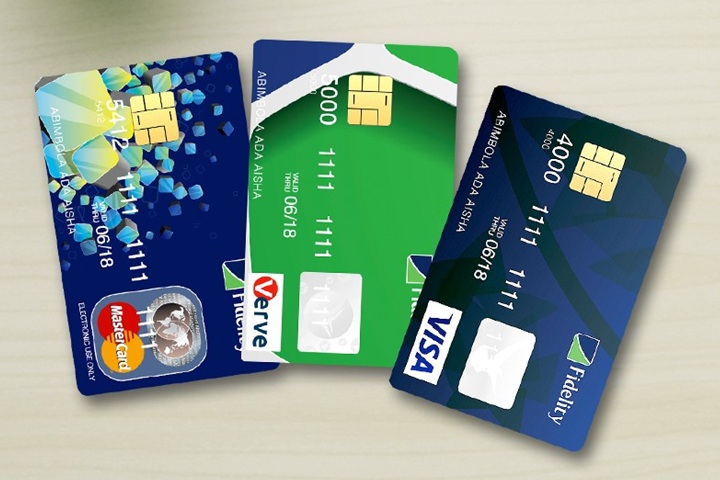
Tier-one Lender, Fidelity Bank Plc., has announced the resumption of international transactions on its Naira Debit Cards.
This recommencement gives customers the freedom to make seamless payments abroad, online, and at ATMs outside the country.
The Divisional Head of eBanking, Fidelity Bank, Ifeoma Onibuje, shed light on the development.
Onibuje said: “We are delighted to inform the public that Fidelity Naira Cards are now enabled for global use.
“This means that our travelling customers can now utilize their Naira Debit cards outside the country to shop, spend and withdraw internationally without hassles.”
“Consequently, our customers can now spend up to $1,000 quarterly for international POS and online transactions; and withdraw up to $500 quarterly on international ATMs.”
The announcement offers Fidelity Bank customers another way to complete international transactions, in addition to the Bank’s existing foreign currency debit and credit cards.
The bank stated that it further reinforces its commitment to delivering solutions that fit seamlessly into customers’ lifestyles.
With Fidelity Bank’s VISA and Mastercard Naira Debit Cards, Nigerians can now enjoy effortless global access.
Beyond payments, Fidelity VISA cardholders, one of the variants of the bank’s card offerings, also enjoy premium travel and lifestyle benefits.
The benefits range from airport lounge and spa access via the Visa Airport Companion App, to fast-track immigration lanes and 20% discounts on SIXT car rentals worldwide.
This move, the bank said, also reflects its commitment to provide secure, convenient, and reliable banking services that empower customers in Nigeria and beyond.
The bank noted that it has deliberately made the process of getting a Fidelity Naira card seamless.
It stressed that customers can easily apply for their Fidelity VISA or Mastercard Naira Debit card via the Fidelity Mobile App or simply visit the nearest Fidelity bank branch to request for one and they can start transacting globally with ease.
Ranked among the best banks in Nigeria, Fidelity Bank Plc is a full-fledged Commercial Deposit Money Bank serving over 9.1 million customers through digital banking channels, its 255 business offices in Nigeria and United Kingdom subsidiary, FidBank UK Limited.
The Bank is the recipient of multiple local and international Awards, including the 2024 Excellence in Digital Transformation & MSME Banking Award by BusinessDay Banks and Financial Institutions (BAFI) Awards; the 2024 Most Innovative Mobile Banking Application award for its Fidelity Mobile App by Global Business Outlook, and the 2024 Most Innovative Investment Banking Service Provider award by Global Brands Magazine.
Additionally, the Bank was recognized as the Best Bank for SMEs in Nigeria by the Euromoney Awards for Excellence and as the Export Financing Bank of the Year by the BusinessDay Banks and Financial Institutions (BAFI) Awards.
Celebrity/Entertainment
How Nigerian TikToker Geh Geh Made ₦45 Million in One Night

A Nigerian TikTok sensation known as “Geh Geh” has stunned the internet after pulling in over $30,000 from a single live session that attracted more than 177,000 viewers.
The young entertainer, who calls his platform the “University of Wisdom and Understanding,” has quickly built a cult following with his raw and unfiltered lectures about women, money, and survival in Nigeria.
During the live broadcast on Thursday, August 21, viewers showered him with virtual gifts that he later calculated to be worth over $30,000.
The milestone instantly pushed him into the spotlight as one of Nigeria’s fastest-rising online personalities.
Reacting in disbelief after the stream, Geh Geh said:
“More than 177,000 people watch my lectures today. Jesus! University of wisdom and understanding, the only university where once you graduate, woman go fear to ask you for money.”
Despite not having a formal education, Geh Geh proudly calls himself “the first illiterate to find a university in the history of Nigeria.” In a video after the viral live, he reminded fans of his humble background:
“I no be graduate too, but by the grace of God, I don find school. I be orphan, but now Nigerians don show me love.”
The TikTok star admitted he was overwhelmed by the generosity of his supporters.
“See gift I made over… more gift when they give me today is worth about $30,000. I no go take this love for granted, because I no really do anything for am.”
His rise has been hailed as proof of how social media is transforming lives in Nigeria. With no degree, no rich background, and no industry connection, Geh Geh has managed to build a fanbase that now calls themselves “students” of his unusual university.
Still, his controversial views on women and relationships continue to spark heated debates. While some dismiss his advice as reckless, others insist his boldness speaks directly to Nigeria’s frustrated youth.
Reflecting on his sudden fame, Geh Geh compared himself to great thinkers:
“If Nigeria be country wey value great people, by now them suppose dey compare people like me with Aristotle, Wole Soyinka, Einstein… but I thank God say people dey see my head and my own difference.”
From an orphan with no prospects to a viral star earning in dollars, Geh Geh’s story has become one of digital empowerment.
His journey shows how platforms like TikTok are creating new forms of fame, money, and influence for Nigerians especially those once written off by society.
Africa
UK Dominates Nigeria’s Q1 2025 Capital Inflows With N5.5tn — NBS

The United Kingdom has once again cemented its position as Nigeria’s leading source of foreign capital, accounting for more than N5.5 trillion in inflows during the first quarter of 2025, according to the latest data from the National Bureau of Statistics (NBS).
Figures from the Capital Importation Report show that capital from the UK rose to $3.68bn (N5.52tn) in Q1 2025, representing 65.26% of Nigeria’s total $5.64bn inflows for the quarter.
This marked a 29.2% rise from the $2.85bn recorded in Q4 2024 and more than double the $1.81bn inflows seen in Q1 2024.
This underscores Britain’s dominance in Nigeria’s external financing profile and highlights the strong bilateral financial ties between both nations.
Breakdown of Q1 2025 Capital Inflows by Country
United Kingdom: $3.68bn (65.26%)
South Africa: $501.29m (8.88%)
Mauritius: $394.51m (6.99%)
United States: $368.92m (6.54%)
United Arab Emirates: $301.72m (5.35%)
Together, these top five countries accounted for over 92% of Nigeria’s capital inflows, reflecting both the concentration of Nigeria’s foreign investments and the risks of over-dependence on limited markets.
Other contributors included:
Cayman Islands: $114.76m (up sharply from $0.64m in Q4 2024)
Belgium: $70.54m
France: $47.33m
Netherlands: $42.68m (down significantly from $425.61m in Q4 2024)
Singapore: $36.79m
Overall, capital importation into Nigeria stood at $5.64bn in Q1 2025, up 10.9% from Q4 2024’s $5.09bn, and a remarkable 67.1% higher than the $3.38bn recorded in Q1 2024.
The NBS noted:
“Capital Importation during the reference period originated largely from the United Kingdom with $3,681.96m, showing 65.26 per cent of the total capital imported.”
A separate survey by Strategy Management Partners (UK) reveals that British companies are increasingly targeting Africa as a strategic growth frontier.
50% of UK firms with annual turnover above £20m are already operational in Africa and planning expansions.
Another 28% of executives said they are interested but remain cautious about entry strategies.
Africa’s appeal lies in its resource wealth and demographic potential:
30% of the world’s mineral reserves
8% of natural gas reserves
12% of oil reserves
65% of the world’s arable land
Projected to host 25% of the global workforce by 2035
Seven key sectors remain magnets for foreign capital inflows into Nigeria and Africa at large:
1. Technology
2. Oil & Gas
3. Power and Renewable Energy
4. Agriculture
5. Manufacturing
6. Infrastructure
7. Strategic Minerals
Analysts warn that while Nigeria’s reliance on UK-driven inflows reflects strong global confidence, the concentration of sources exposes the economy to external shocks if investor sentiment shifts in these countries.
Diversification of investment partnerships particularly within Asi
a, the Americas, and intra-African trade will be crucial to ensuring long-term resilience in capital inflows.
Africa
U.S. Govt Reacts to Nigerian Minimum Wage

The United States government has said that Nigeria’s new N70,000 minimum wage has lost real value due to the sharp fall of the naira, leaving millions of workers trapped in poverty.
According to the 2024 Country Reports on Human Rights Practices, released by the U.S. Department of State’s Bureau of Democracy, Human Rights, and Labour, the wage translates to just $47.90 per month.
The report noted that currency devaluation and weak enforcement have undermined the wage increase.
The report also revealed that many states are yet to implement the new wage law. Several governors cited financial challenges as the main excuse.
Even where the law exists, compliance remains poor because of limited labor inspectors and weak oversight from authorities.
Wage Devaluation and Exclusion
The report highlighted that firms with fewer than 25 workers are excluded from the minimum wage law, leaving millions of employees without protection.
This also explained that about 70 to 80 percent of Nigeria’s workforce operates in the informal sector, where wage and labor rights are almost never enforced.
This means a majority of Nigerians continue to earn far below the national benchmark, despite the government’s approval of N70,000 as the new minimum wage.
The U.S. report stressed that the naira’s sharp decline, trading above N1,500 to the dollar, had worsened the wage erosion. This has left workers unable to afford basic needs, pushing many deeper into poverty.
Human Rights and Labor Challenges
The document pointed out that weak enforcement of labor laws contributes to worsening poverty levels in the country.
Workers in the informal sector, such as street vendors, artisans, and small traders, rarely benefit from labor protections.
The report also noted that Nigeria’s minimum wage is rarely sufficient to cover basic food, housing, and transport needs.
This has further exposed structural gaps in the government’s approach to economic reforms and poverty reduction.
Governors Push Investment Platform
Meanwhile, the Nigeria Governors’ Forum (NGF) has launched a new investment initiative called NGF Investopedia.
The platform seeks to attract capital flows into bankable projects across all 36 states, with the goal of tackling Nigeria’s annual $100 billion infrastructure financing deficit.
The launch event in Abuja gathered governors, international partners, and investors. The forum described the platform as a long-term strategy to unlock growth opportunities across states and strengthen Nigeria’s subnational economies.
NGF Chairman and Kwara State Governor, Abdulrahman AbdulRazaq, said Nigeria must urgently leverage its human and natural resources to address poverty and joblessness.
“Here is Africa’s largest economy, endowed with abundant human and natural resources,” he said, stressing that state governments must play a bigger role in attracting investments and supporting local industries.
A Widening Gap
The contrast between the U.S. report on wage decline and the governors’ push for investment highlights Nigeria’s economic paradox.
While authorities promote foreign capital inflow, millions of workers continue to survive on wages that have lost most of their value.
With inflation rising, food prices soaring, and the naira weakening, the gap between earnings and cost of living keeps widening.
Unless enforcement improves and the informal sector is integrated into wage protections, the N70,000 benchmark may remain symbolic rather than effective.
Economy
Global Card: Fidelity Bank Hits Milestone As Fidelity Naira Card Accepted Globally

Fidelity Bank may have hit another milestone the Fidelity Naira Card is now accepted globally.
This was disclosed in a message sent to Diaspora Digital Media (DDM) via email on Monday.
According to the statement entitled “Your Fidelity Naira Card Now Works Globally; Shop, Pay and Withdraw with Ease!“, customers can buy favourite global brands online using their Fidelity Naira Card.
The band also stated that they can equally pay at POS terminals abroad and make cash withdrawals at ATMs as they travel.
The message reads:
“We’re excited to let you know that your Fidelity Naira Card is now enabled for global use — so you can shop, spend and withdraw internationally with confidence.
“Here’s what you now enjoy every quarter:
|
Channel |
Transaction Limit |
| ATM Withdrawal abroad | $500 |
| Online/Web & POS Payments | $ 1,000 |
“What does this mean for you?
- Shop your favourite global brands online
- Pay at POS terminals abroad with ease
- Withdraw cash at ATMs when you travel.”
The statement, however, noted that the $1,000 quarterly limit applies to all international transactions combined, including ATM withdrawals, online purchases, and POS payments.
The bank urged customers who may need assistance with setting card limits or activating their cards for global use, to contact the bank’s customers care “Centre Trueserve”, which is available round the clock, whether in Nigeria, or outside the country.
“Your world, your card — spend smart, spend globally with Fidelity,” the message concludes.
-
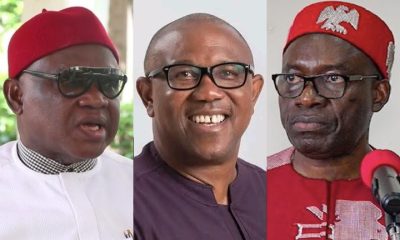
 Featured4 days ago
Featured4 days agoYour Attacks on Peter Obi Are Petty, Stop It! Chekwas Rebukes Soludo
-
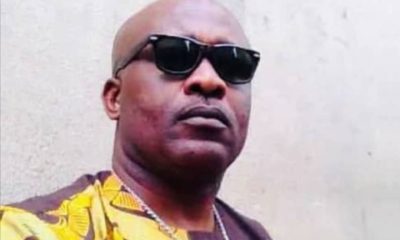
 News4 days ago
News4 days agoTension in Anambra community as senior police officer shoots kinsman dead
Colleagues, others try cover-up; victim's family fights back
-
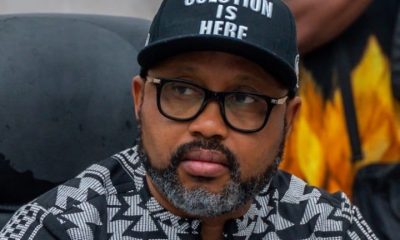
 News7 days ago
News7 days agoAnambra South Bye-Election: APC Chief Rescues Deputy Gov Caught In Vote Buying From Angry Youths
By Chuks Collins, Awka
-

 News5 days ago
News5 days agoNigerian visa applicants must provide 5-yr social media history — US embassy
-

 Celebrity/Entertainment22 hours ago
Celebrity/Entertainment22 hours agoHow Nigerian TikToker Geh Geh Made ₦45 Million in One Night
-
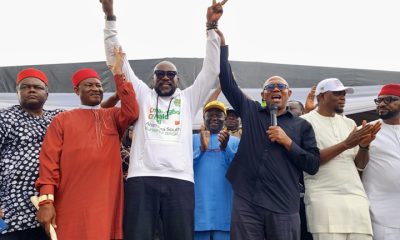
 Analysis6 days ago
Analysis6 days agoSystemic Sabotage: How APC, INEC Colluded To Undermine Amamgbo’s Senatorial Bid
By Arthur Ezechukwu
-

 News3 days ago
News3 days agoTerrorist Organisation: APC, PDP Members in US, UK, France Risk Deportation
-

 Celebrity/Entertainment5 days ago
Celebrity/Entertainment5 days agoWhy single mothers can’t raise boys into proper men — Jim Iyke
-

 News7 days ago
News7 days agoBREAKING: Troops arrest Nigeria’s most wanted terror kingpin
-

 News2 days ago
News2 days agoVandal electrocuted while vandalizing Aba power infrastructure



